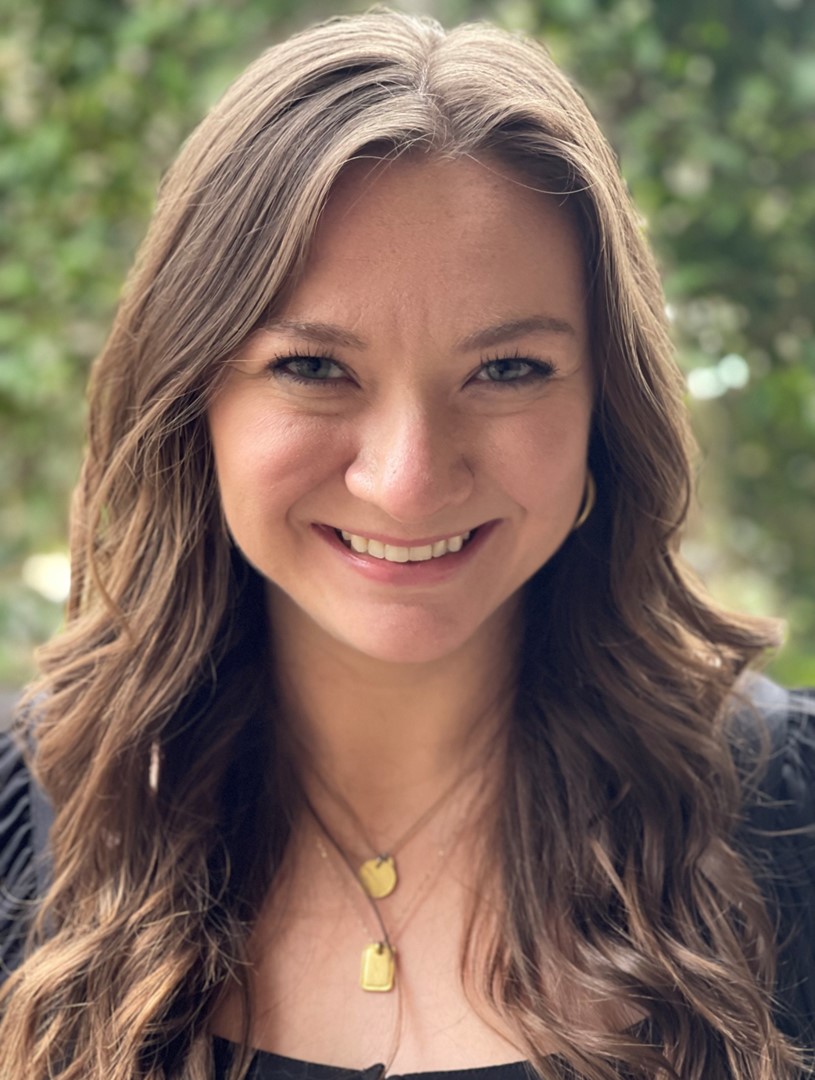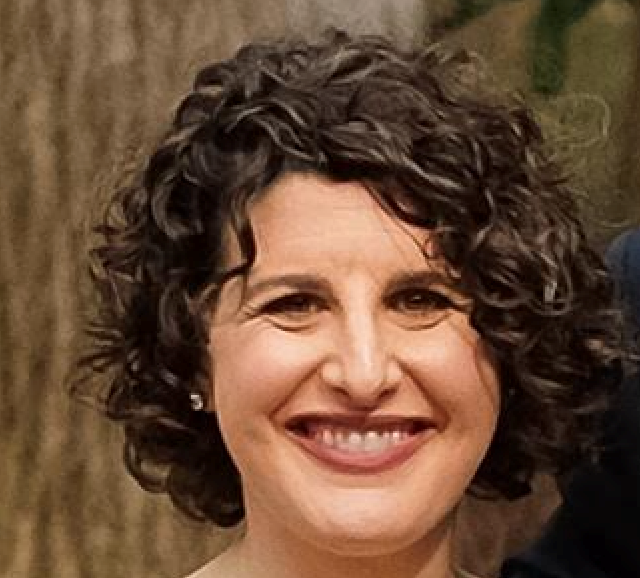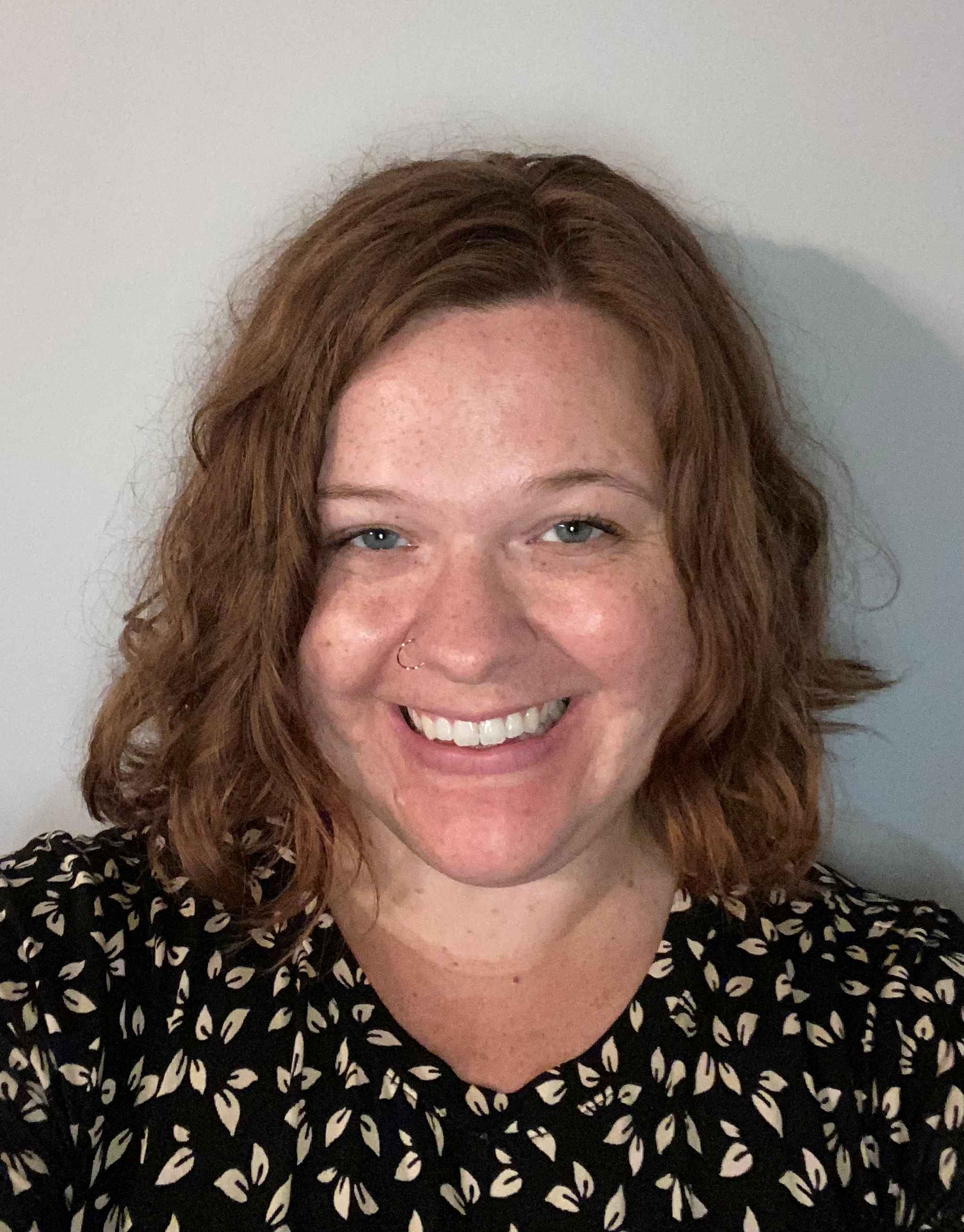Introducing the 2022-2023 SRCD U.S. Policy Fellows
The SRCD U.S. Policy Fellowship Programs include placement opportunities in federal congressional offices as well as federal and state executive branch agencies. The purpose of the fellowship programs is to provide researchers with immersive opportunities to learn about policy development, implementation, and evaluation, and to use their research skills in child development to inform public policy at the federal or state level.
2022 - 2023 SRCD Federal Policy Fellows
SRCD Federal Executive Branch Policy Fellows
|
|
|
|
|
|
|
|
|
|
|
|
|
|
|
|
|
Neda Senehi, Ph.D. |
 Tanya Tavassolie, Ph.D. |
|
|
SRCD Federal Congressional Policy Fellow
|
|
2022 - 2023 SRCD State Policy Fellows
|
|
|
|
|
|
|
|

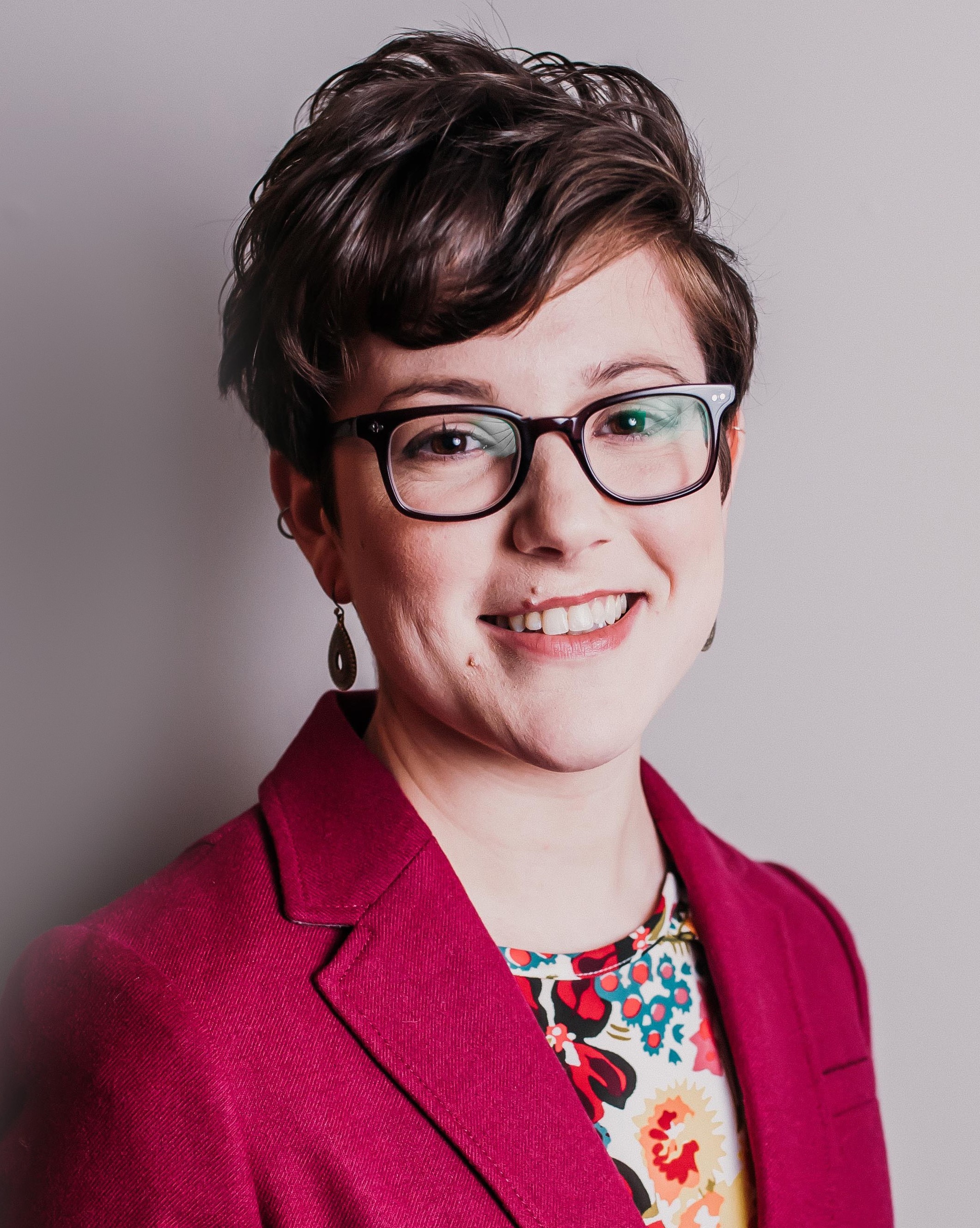
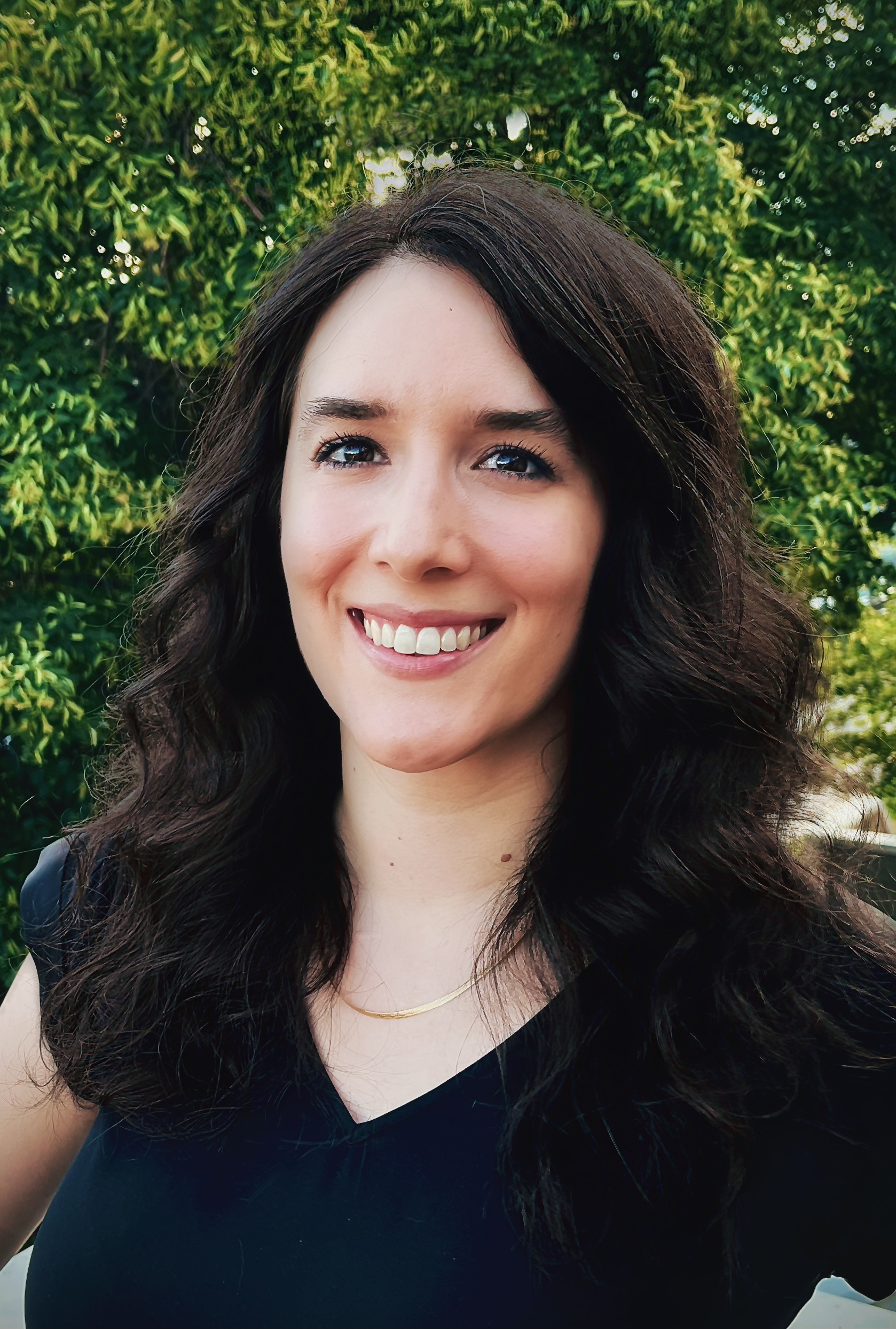
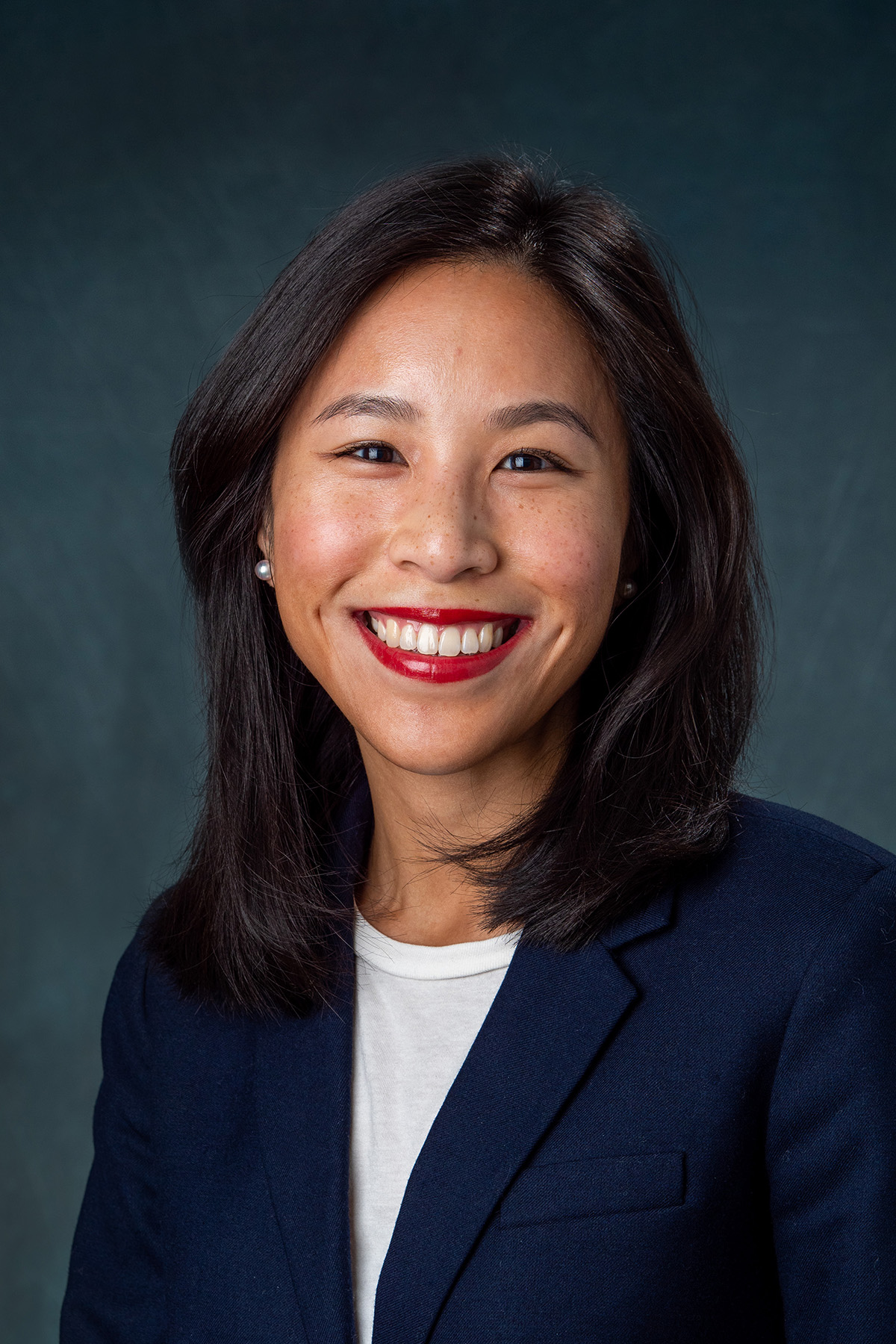

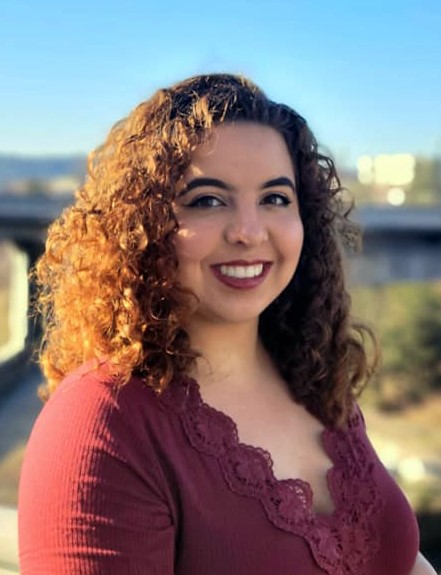 Kylee Probert, Ph.D.
Kylee Probert, Ph.D. 


 Tamarie Willis, Ph.D.
Tamarie Willis, Ph.D. 